How does the male ball valve design enable smooth and effortless on/off operation?
The male ball valve design is a key characteristic...
MORE >>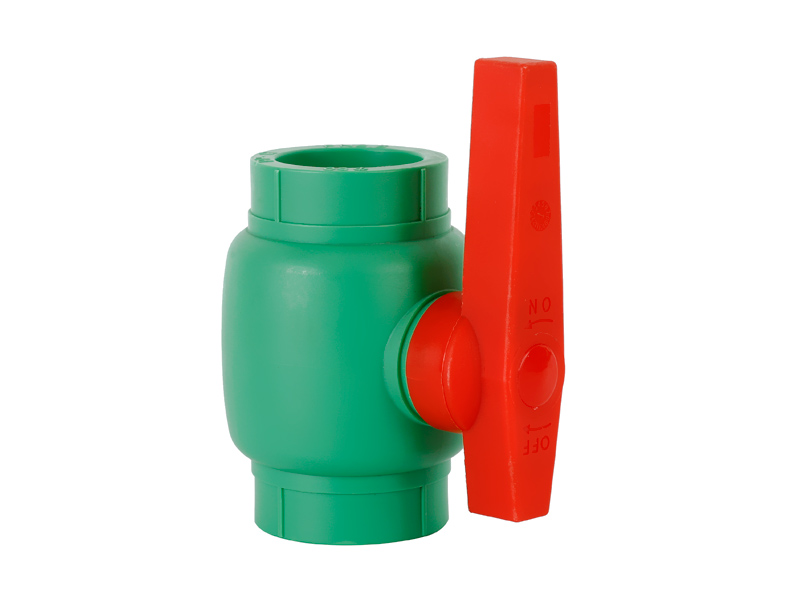
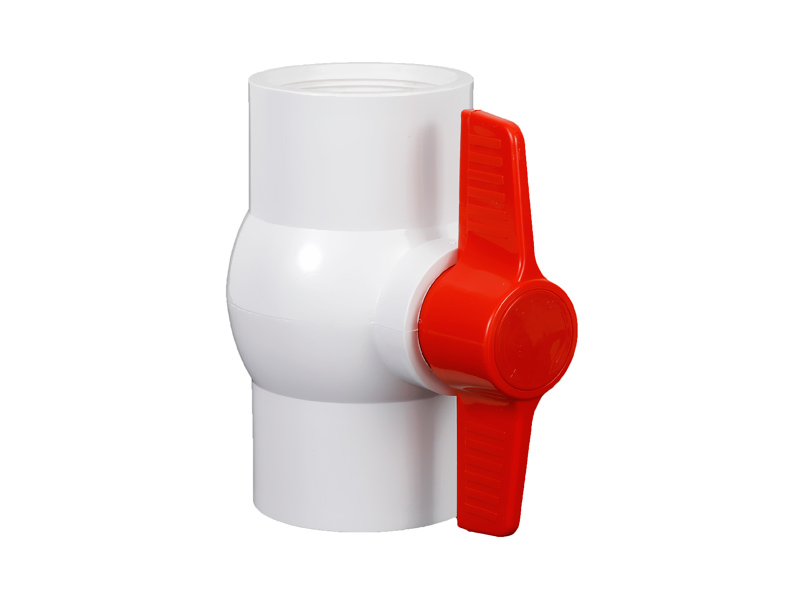
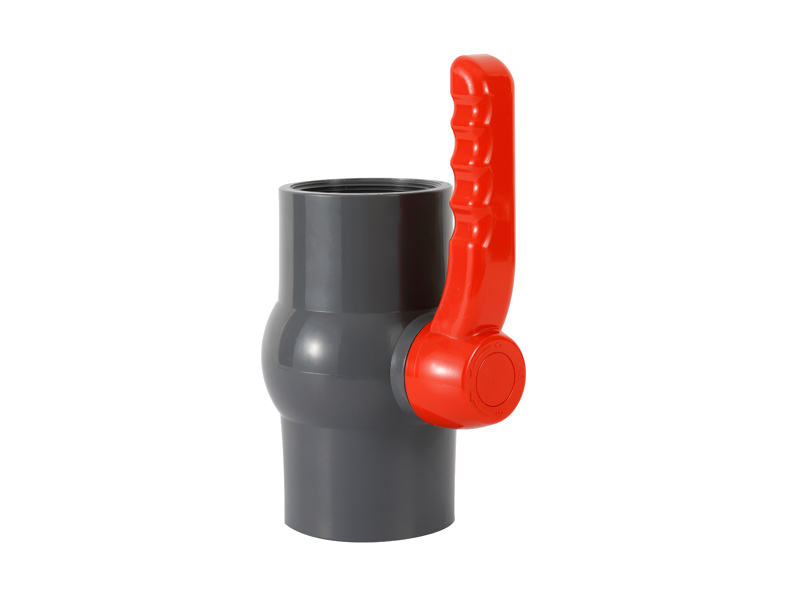
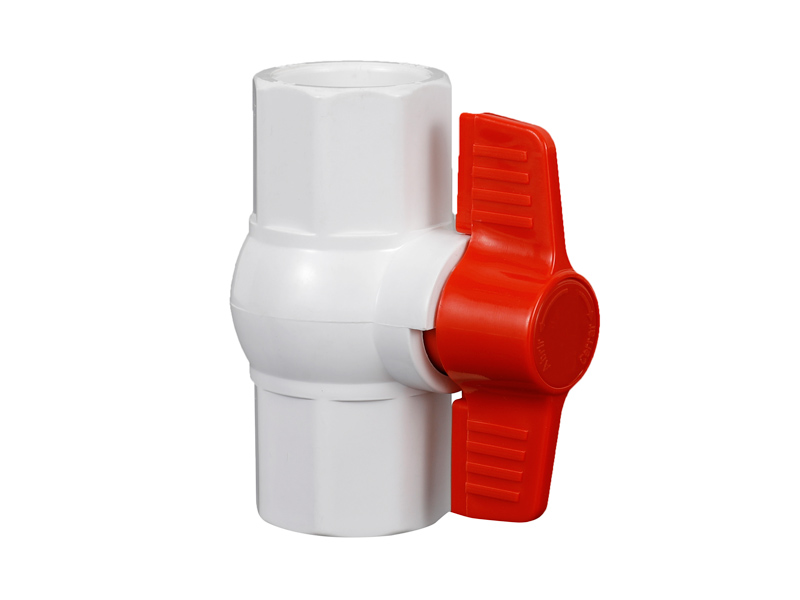
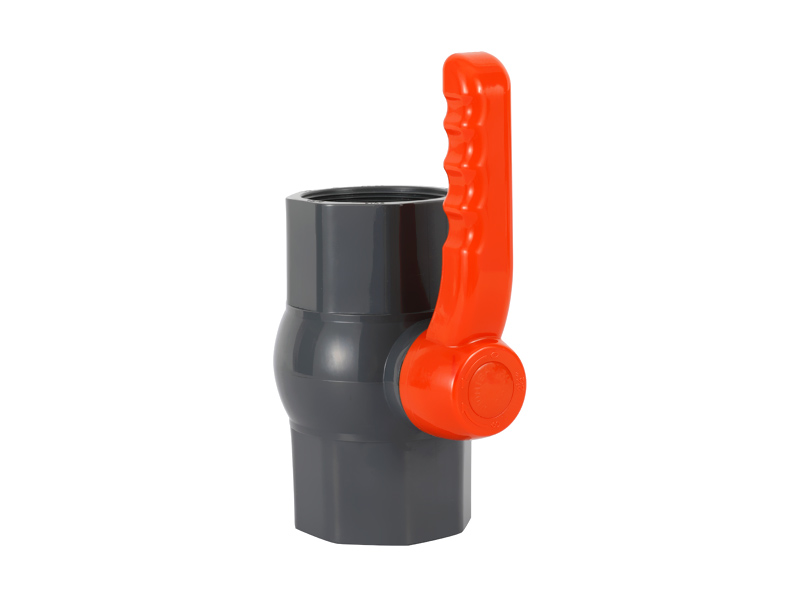
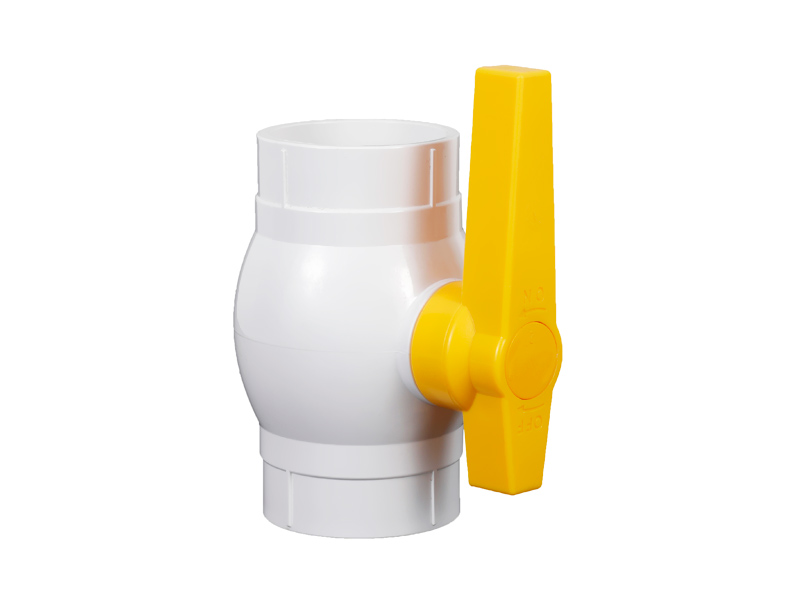
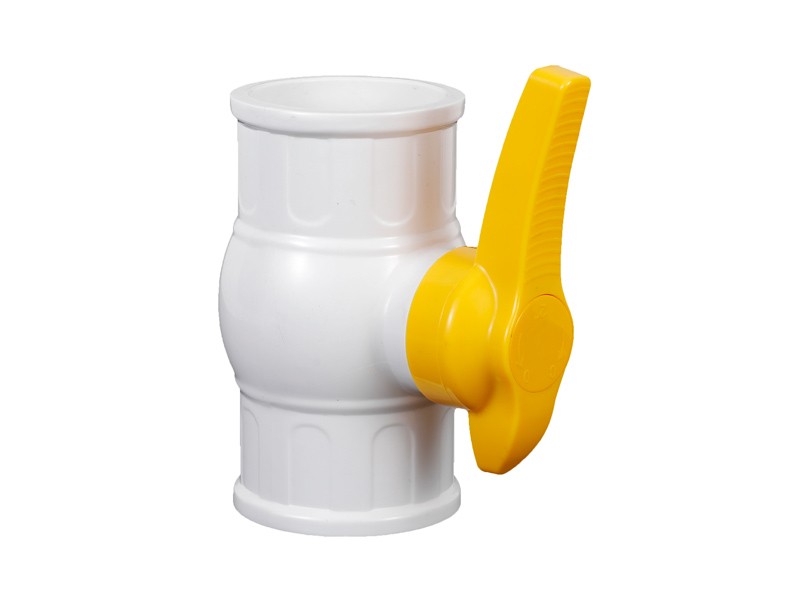
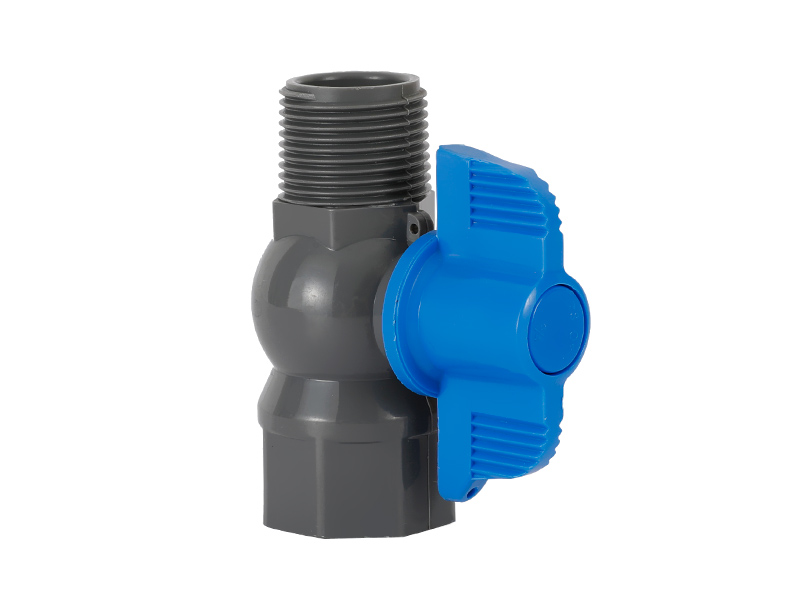
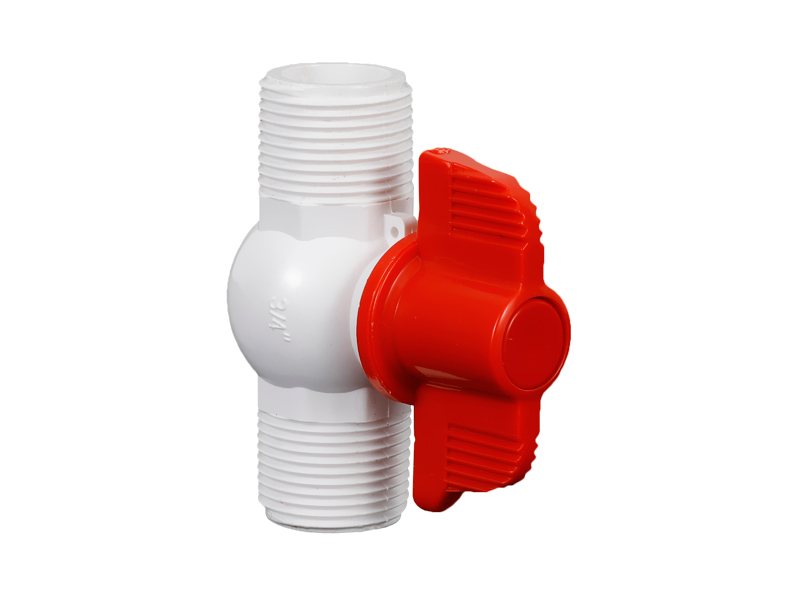

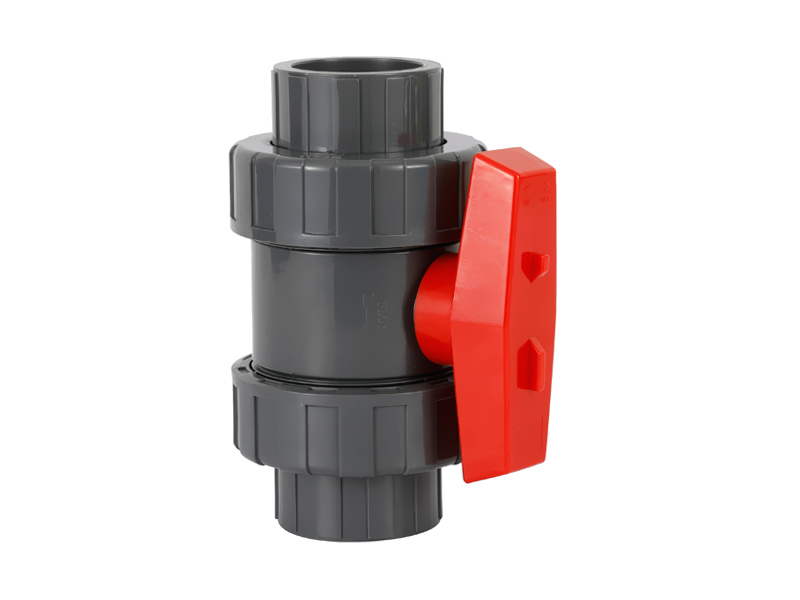

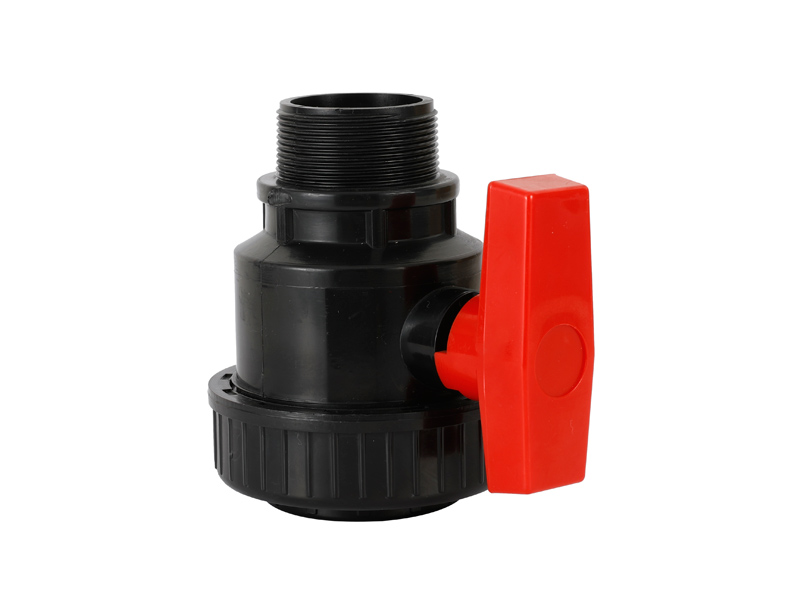
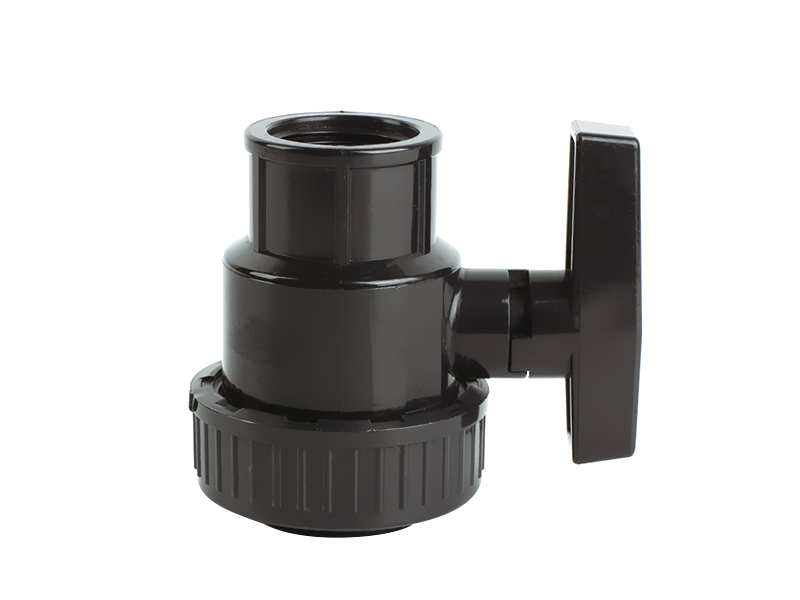
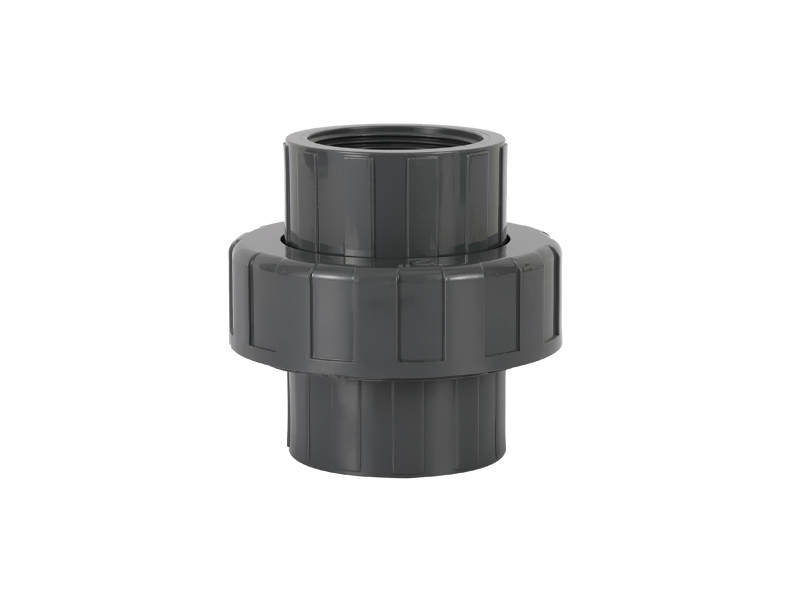
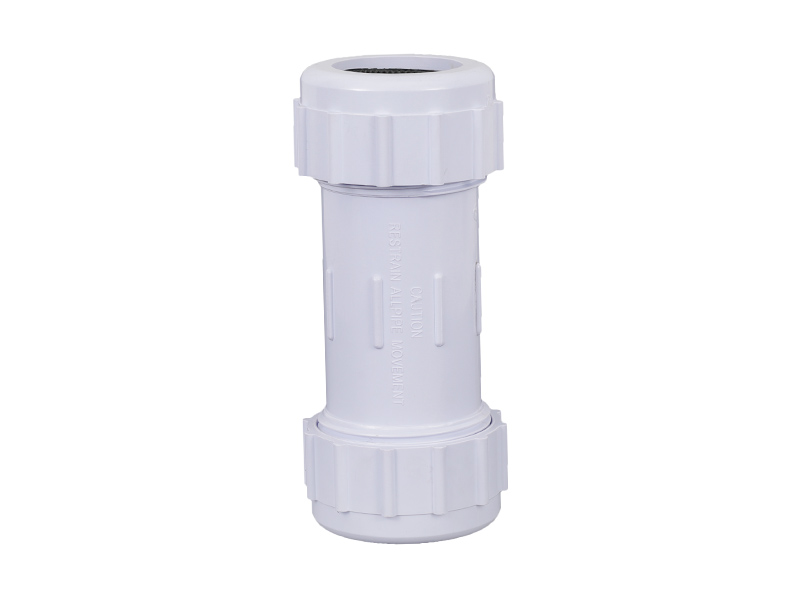
Plastic PVC (Polyvinyl Chloride) pipe flanges play a cr […]
Plastic PVC (Polyvinyl Chloride) pipe flanges play a critical role in piping systems, serving as essential components that contribute to the overall functionality, reliability, and efficiency of these systems. Their primary roles and functions include:
Connection: PVC pipe flanges are used to connect two sections of PVC pipes together. They provide a secure and stable joint, ensuring that the pipes remain properly aligned and preventing separation.
Sealing: One of the most crucial roles of PVC pipe flanges is to create a tight and leak-proof seal between pipe sections. This sealing function is vital in preventing fluid or gas leaks, which can be costly, hazardous, or environmentally damaging, depending on the application.
Alignment: Flanges help maintain the alignment of pipes, especially when dealing with larger-diameter pipes or systems that may experience temperature variations or external forces. Proper alignment is essential for the smooth flow of fluids or gases through the piping system.
Support: PVC pipe flanges can also provide structural support to the pipes, particularly in applications where pipes are suspended or elevated. This support helps prevent sagging or deformation of the pipe sections, which could lead to stress, strain, or potential damage.
Easy Disassembly: In some cases, PVC pipe flanges make it easier to disassemble or maintain a piping system. By simply unbolting the flanges, sections of the pipe can be separated without the need for cutting or damaging the pipes themselves.
Connection to Other Components: PVC pipe flanges often serve as connection points for other components, such as valves, pumps, and equipment. This facilitates the integration of various elements into the overall piping system.
Distribution and Flow Control: Flanges can be used in distribution systems where multiple pipes merge or split. They can also include openings or ports for flow control devices like flow meters, valves, or regulators.
Versatility: PVC pipe flanges are versatile and adaptable to a wide range of applications. They come in various sizes and configurations, allowing them to be used in diverse industries, including plumbing, agriculture, construction, chemical processing, and more.
Corrosion Resistance: PVC pipe flanges are known for their resistance to corrosion, which is especially important in applications where pipes come into contact with corrosive substances or environments. This resistance ensures the durability and longevity of the piping system.
In summary, plastic PVC pipe flanges are indispensable components in piping systems, as they provide secure connections, maintain proper alignment, create leak-free seals, and support the overall functionality of the system. Their versatility, affordability, and resistance to corrosion make them a preferred choice in a wide range of industries and applications. Proper selection and installation of PVC pipe flanges are crucial for ensuring the reliability and efficiency of piping systems.
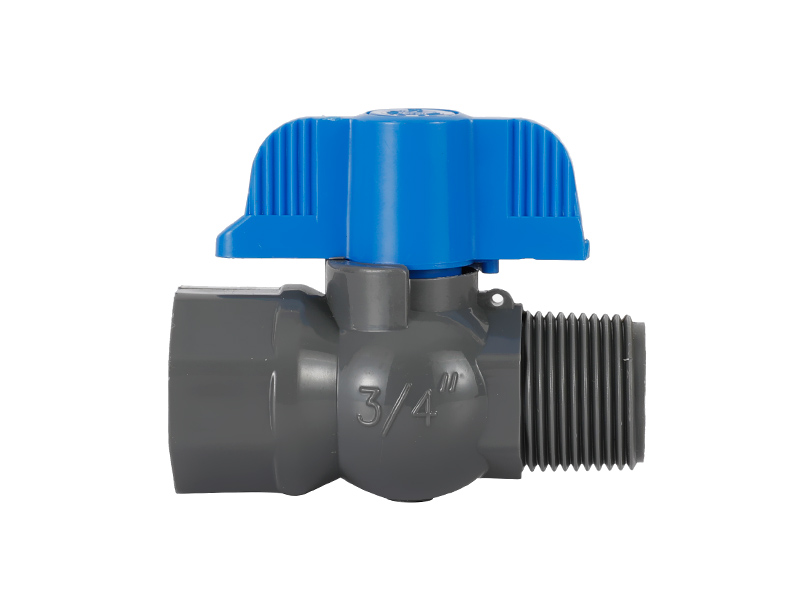
The male ball valve design is a key characteristic...
MORE >>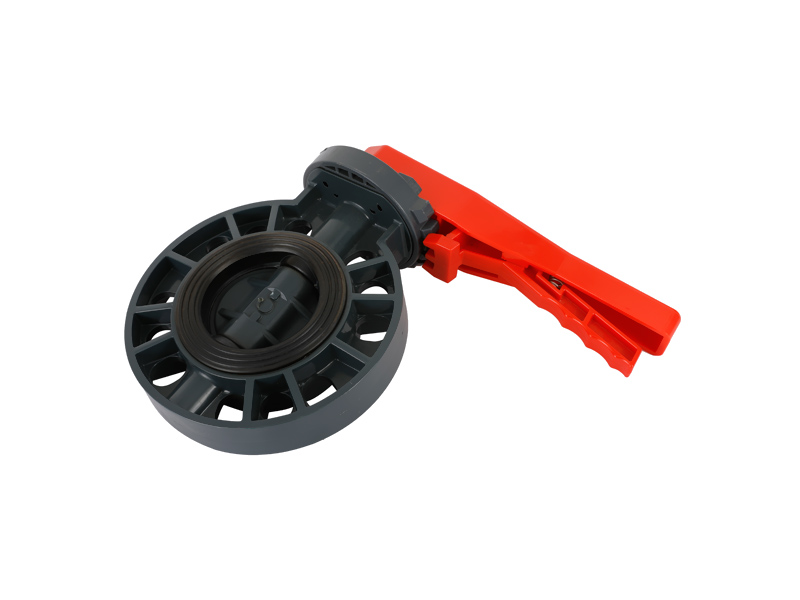
In today's modern world, efficient and reliable wa...
MORE >>
Copyright ©All rights reserved:Zhejiang Xier Plastic Valve Lead Co.,LTD. PVC Ball Valves Manufacturers Technical support: HWAQ  浙公网安备 33060402001174号
浙公网安备 33060402001174号

 English
English España
España عربي
عربي